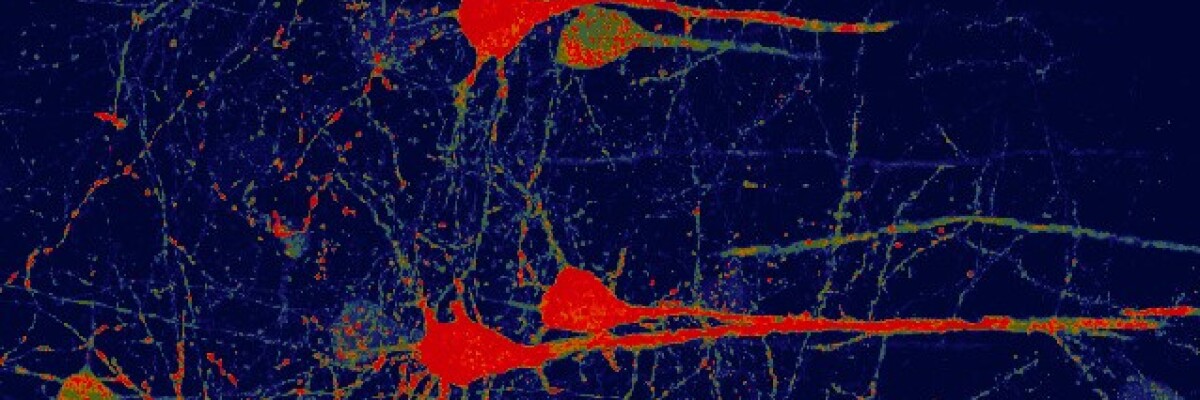The authors of the study believe that in the future the method will contribute to the effective recovery of victims of strokes and neurodegenerative diseases.
A group of scientists from the University of Pennsylvania (USA) have developed a new type of gene therapy which transforms cerebral glial cells into functioning neurons. This therapy may also assist patients recovering from a stroke.
So far, the researchers have tested their experimental treatment on mice who had previously received an artificially induced stroke. As a result of the treatment, the animals demonstrated improved coordination of movements.
Neural glial cells carry out a support function by surrounding neurons and protecting them. These cells can divide and regenerate, unlike neurons, which cannot be restored. However, using viral DNA, scientists have succeeded in sending a NeuroD1 transcription factor into the glial cells of a damaged section within the motor cortex. As a result, the glial cells were transformed into neurons, and the new cells successfully interacted with existing neurons. In addition to increasing the number of neurons, the scientists also managed to restore the damaged tissues.
In previous experiments, the researchers performed a similar treatment on mice suffering from Alzheimer’s disease, but the technology only restored a limited number of neurons.
Share this with your friends!





Be the first to comment
Please log in to comment